University of Worcester – Delivering on its promises
Dr Duncan Westbury, Institute of Science & the Environment
The University of Worcester is committed to enhancing biodiversity on the land it manages through its Strategic Biodiversity Management Group. Worcester is successful at delivering on its promises because membership of this group not only includes academics, but also staff from facilities, students, and a representative from the local authority. A number of initiatives have already taken place, including the installation of bee hotels and bird boxes. However, a key strategy has been creating wildflower strips on land previously maintained as cut grass. Three different approaches have been used 1) spreading green-hay from a local species-rich meadow, 2) sowing commercial seed mixes, and 3) planting pot-grown plants. The use of pot-grown plants is typically very costly, but a venture between the University and a local charity (Emily Jordan Foundation) meant that plants could be grown from seed rather than bought in.
Students at the University are currently mapping all green areas on campus to enable biodiversity targets to be based on what can be realistically achieved. A number of new initiatives are planned to meet our Biodiversity Action Plan targets, including sowing areas of native cornfield annuals and the installation of bat boxes.
Dr Westbury is a senior lecturer in ecology and environmental management at the University of Worcester and has extensive research and practitioner experience of establishing wildflower strips in urban and rural areas.
For more information visit:
www.worcester.ac.uk/discover/wildflower-garden-set-to-bloom-thanks-to-charitys-help.html
www.worcester.ac.uk/discover/wildflower-garden-set-to-bloom-at-university.html
www.worcester.ac.uk/discover/new-accommodation-introduced-at-university-of-worcester-this-time-for-birds.html
www.worcester.ac.uk/discover/university-expands-its-range-of-accommodation-with-hotels-for-britains-bees.html



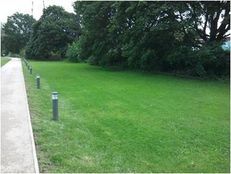

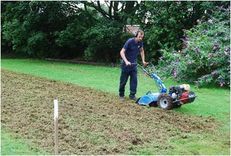
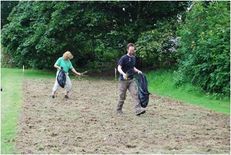
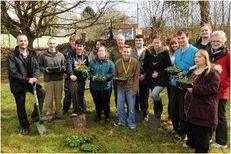
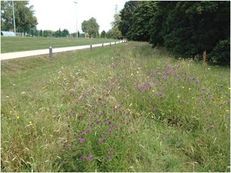

 Except where otherwise stated, content on this site is
licensed under a Creative Commons Attribution 3.0 License.
Except where otherwise stated, content on this site is
licensed under a Creative Commons Attribution 3.0 License.
